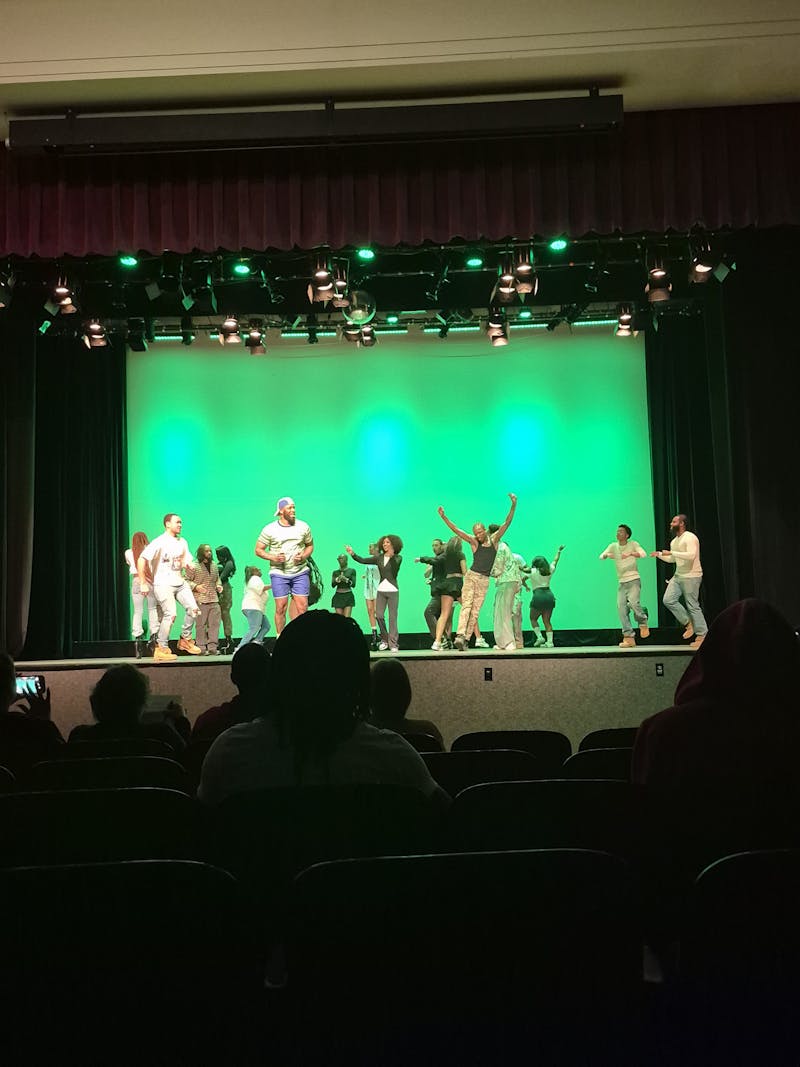This week will mark a year since Russian President Vladimir Putin announced what he called a “special military operation” — his chosen euphemism to describe a full-fledged invasion of its neighbor, Ukraine. Following a stunning display of Ukrainian resistance and defensive capability, the war entered a period characterized by small shifts of the frontlines and use of trench warfare.
When the invasion began, Russian state media suggested that Russian forces would capture the capital city of Kyiv within 72 hours. Putin and his allies expected a quick victory to force the Ukrainian government to accept their demands. Instead, while Russian forces did reach the outskirts of Kyiv, they were swiftly repulsed by Ukrainian armed forces.
Staggered by the defeat, Russian forces abandoned the northern and eastern fronts and redirected their efforts toward establishing a land bridge from the Donbass region to Crimea — the Ukrainian peninsula that Russia illegally invaded and has occupied since 2014.
Since then, the war has been one of brutal fighting resulting in small changes in territory. Trench warfare has made a haunting return, and the fighting in places like Bakhmut calls back to battles like Verdun and the Somme. However, Ukraine has seen some startling victories, namely two successful counter offensives near Kharkiv in the east and Kherson in the south.
Ukraine’s president — Volodymyr Zelenskyy — has shown himself to be a skillful wartime leader. Before being elected in 2019, Zelenskyy had a career as a comedian and entertainer — not a traditional path toward high office. But since the invasion began, Zelenskyy has successfully transitioned into his role as commander in chief.
Zelenskyy has leveraged his entertainer’s charisma into becoming a media icon, representing his nation’s struggle against the Russian invasion. In December, he was announced as TIME’s 2022 Person of the Year. He has made appeals for support in front of the United Nations General Assembly, the Parliament of the European Union and a joint session of the United States Congress.
This outreach to the international community has paid off, evidenced by the transfer and sale of over $100 billion worth of military, humanitarian and financial aid. Recently, Germany and other NATO allies made a commitment to send Ukraine tanks — a line in the sand that Germany was refusing to cross to avoid greater involvement.
This, paired with additional armored vehicles sent by the United States and its allies, could herald a turning point in the conflict. Once wet and muddy conditions have cleared, we could see a motorized and armored counter-offensive with similar effectiveness to the Kharkiv maneuvers in September 2022.
Time will tell how successful any counter-offensive will be. But with ever-increasing support from NATO, the EU and countries around the world, it is unlikely that Putin will get the victory in Ukraine that he hoped for a year ago. While Russia’s factories can’t keep up with the loss of military hardware, Ukraine continues to receive new deliveries of increasingly modern equipment.
Zelenskyy and his allies have been steadfast in their calls for no negotiated peace without a return to pre-2014 borders, and Russia seems unwilling to consider such a thing. Returning to the borders prior to the 2022 invasion would be seen as an immense failure for Putin’s regime, but the loss of Crimea would be a disaster that could destroy it.
The events of the next few months will be crucial to Ukraine’s success in the conflict long-term. While Putin and his allies show no signs of stopping the carnage, the Ukrainian people are united behind the cause of defending their nation from Russia’s aggression.


The Slate welcomes thoughtful discussion on all of our stories, but please keep comments civil and on-topic. Read our full guidelines here.